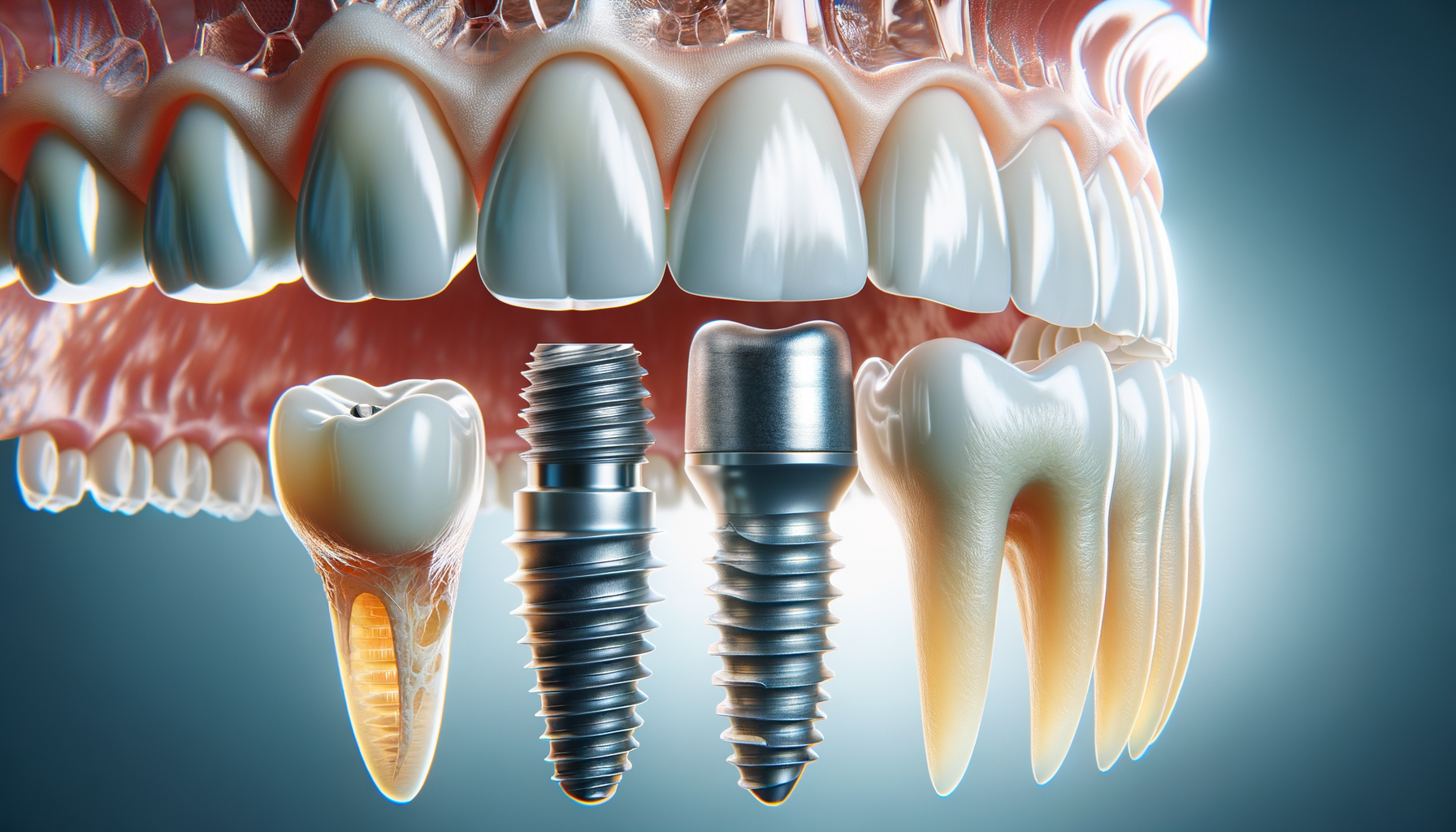Introduction to Dental Implants
Dental implants have revolutionized the field of dentistry by offering a durable and effective solution for replacing missing teeth. Unlike traditional dentures or bridges, implants provide a more permanent and natural-looking alternative. This article delves into the various facets of dental implants, exploring their significance, the procedure involved, and the benefits they offer.
Understanding the Dental Implant Procedure
The dental implant procedure is a multi-step process that requires precision and expertise. Initially, a comprehensive evaluation is conducted to assess the patient’s oral health and suitability for implants. This involves imaging techniques like X-rays or CT scans to determine bone density and structure.
Once deemed suitable, the implant process begins with the surgical placement of a titanium post into the jawbone. This post acts as a root for the artificial tooth. Over several months, the bone naturally fuses with the implant in a process known as osseointegration, providing a stable foundation.
After successful integration, an abutment is attached to the implant, serving as a connector between the post and the crown. Finally, a custom-made crown is placed atop the abutment, completing the restoration. The entire process may take several months, but the result is a strong, natural-looking tooth that functions like a real one.
Benefits of Dental Implants
Dental implants offer numerous advantages over other tooth replacement options. One of the most significant benefits is their ability to mimic the look and function of natural teeth, providing a seamless appearance. Unlike dentures, which can slip or cause discomfort, implants are securely anchored, allowing for confident eating and speaking.
Additionally, implants help preserve the jawbone, preventing the bone loss that often accompanies missing teeth. This preservation supports facial structure and prevents the sunken appearance that can occur with prolonged tooth loss.
Another advantage is the longevity of dental implants. With proper care, they can last a lifetime, making them a cost-effective solution in the long run. This durability, combined with their aesthetic and functional benefits, makes dental implants a popular choice among patients and dentists alike.
Potential Challenges and Considerations
While dental implants offer many benefits, they are not without challenges. The procedure requires a healthy jawbone and gums, as inadequate bone density can hinder implant success. In such cases, bone grafting may be necessary to build up the bone before implantation.
Cost is another consideration, as implants tend to be more expensive than other tooth replacement options. However, many patients find the investment worthwhile due to the long-term benefits and durability of implants.
Recovery time is also a factor, as the process can take several months from start to finish. Patients must be prepared for multiple appointments and follow post-operative care instructions to ensure successful healing and integration.
Conclusion: Is Dental Implantation Right for You?
Deciding whether dental implants are the right choice depends on various factors, including oral health, budget, and personal preferences. Consulting with a qualified dental professional is essential to assess suitability and discuss potential outcomes.
For those seeking a reliable, long-lasting solution to tooth loss, dental implants offer a promising option. Their ability to restore function and appearance makes them a valuable investment in oral health and overall well-being. By understanding the process and weighing the benefits against the challenges, individuals can make informed decisions about their dental care.








